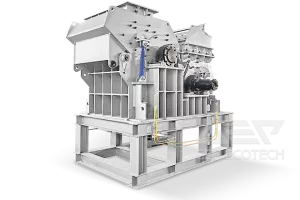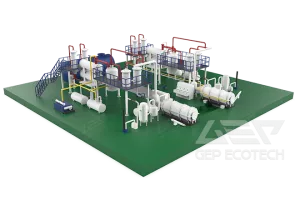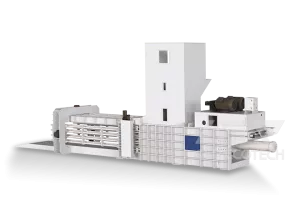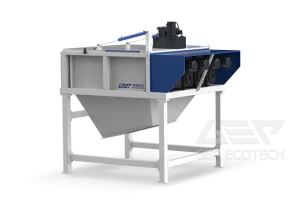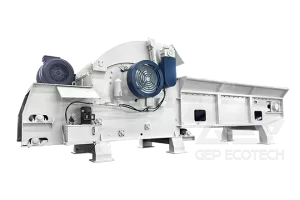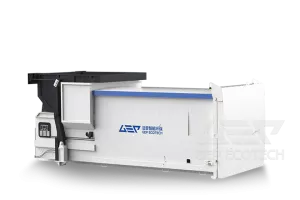The shredding of domestic waste before incineration can provide benefits, although not always necessary for the incineration process. Domestic waste shredded before incineration can enhance the incineration process's efficiency, primarily by reducing the size of the waste.
Domestic Waste
The burning chamber of the incinerator, also known as the furnace, has a limited capacity. Therefore, when the household waste items are massive, such as appliances or furniture, it may be necessary to shred the waste to optimize the incineration process's operation. When domestic waste is shredded, the waste's size is reduced, which allows the material size to fit the furnace's burning chamber efficiently.
Shredded Domestic Waste
Additionally, shredding domestic waste before incineration can further improve the incineration process by reducing the risk of incomplete combustion. When only a large chunk of household waste is fed into the furnace, this can create “hot spots,” which reduce combustion efficiency, and result in incomplete combustion of waste.
Moreover, shredding household waste can also reduce the risk of hazardous waste material release caused by the incomplete incineration. When most household waste is burned, it releases energy, water, and carbon dioxide, leaving only ashes and unreacted residues, which are then disposed of in landfills. However, this process can be challenging, especially for hazardous or toxic waste like plastic, which contains dioxin and furans by burning plastic. Shredding plastic along with other household waste will yield a more uniform mixture and, thereby, a more complete and efficient burn of hazardous waste.
It is important to note that shredding domestic waste before incineration should be conducted cautiously to avoid environmental and safety issues. Shredding household waste can produce dust that could contain hazardous materials, while the shredding machinery can produce noise pollution. Therefore, proper handling and management of shredded domestic waste, including proper disposal, must be considered to avoid environmental pollution and degradation.
In conclusion, shredding domestic waste before incineration can offer benefits to the incineration process, improving efficiency and reducing incomplete combustion and hazardous waste material release. However, shredding domestic waste must be handled with caution, following all relevant safety and environmental procedures to avoid negative impacts.


